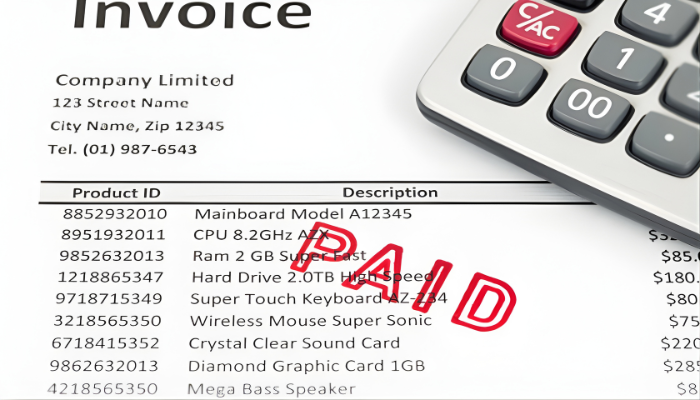
Invoice factoring is often presented as a less expensive alternative to traditional bank financing. One reason for this comparison is because the fees that are associated with factoring are typically much lower than those that apply to bank loans. However, this does not mean that factoring is without its own fees and charges. In fact, if you don't take time to review your contract carefully, you could end up paying more to get your invoices factored than you would if you applied for a business loan. Here's a look at some common invoice factoring fees and charges.
Types of Invoice Factoring Fees and Charges
The most frequently discussed invoice factoring fee is the "discount fee" or the transaction fee. This is always applied to factoring agreements, since it represents the factor's chief means of profit. But, the cost of this fee can range from two percent to more than ten percent, depending on the factor and the type of contract you sign. If you're factoring a large amount of invoices, the dollar amount of your fee could actually be quite high.
Some factors also charge a one-time account set up fee. While this charge may only be issued when you factor your first set of invoices, it can be as high as $2,000. Another potential fee is a non-recourse factoring fee. This charge only applies to factoring agreements that include a non-recourse clause. In this case, you won't be held liable if your customer defaults on the invoices. Since the factor is assuming the responsibility for this outcome, you can expect an additional fee to be included in your contract.
Factors That Affect Your Fees
What determines the rate of your factoring fee? Usually, these charges are based on several factors, including the industry in which you work and the reliability of your customers. For example, businesses that operate in a field where the default risk is high typically have to pay higher factoring fees. If your industry is considered "high-risk", it may be a good idea to select a factor that specifically works with your type of company.
The credit history of your customers may also impact your factoring fee. Most factors require that your customers have an excellent history of paying their invoices on time. However, factors that are willing to accept less-than-perfect customers may charge you a higher transaction fee to cover the likelihood of possible default.
In short, factoring fees are often low compared to small business loans. But, it's also important to find out about the possible fees you may have to pay if you consider using invoice factoring for your company.















